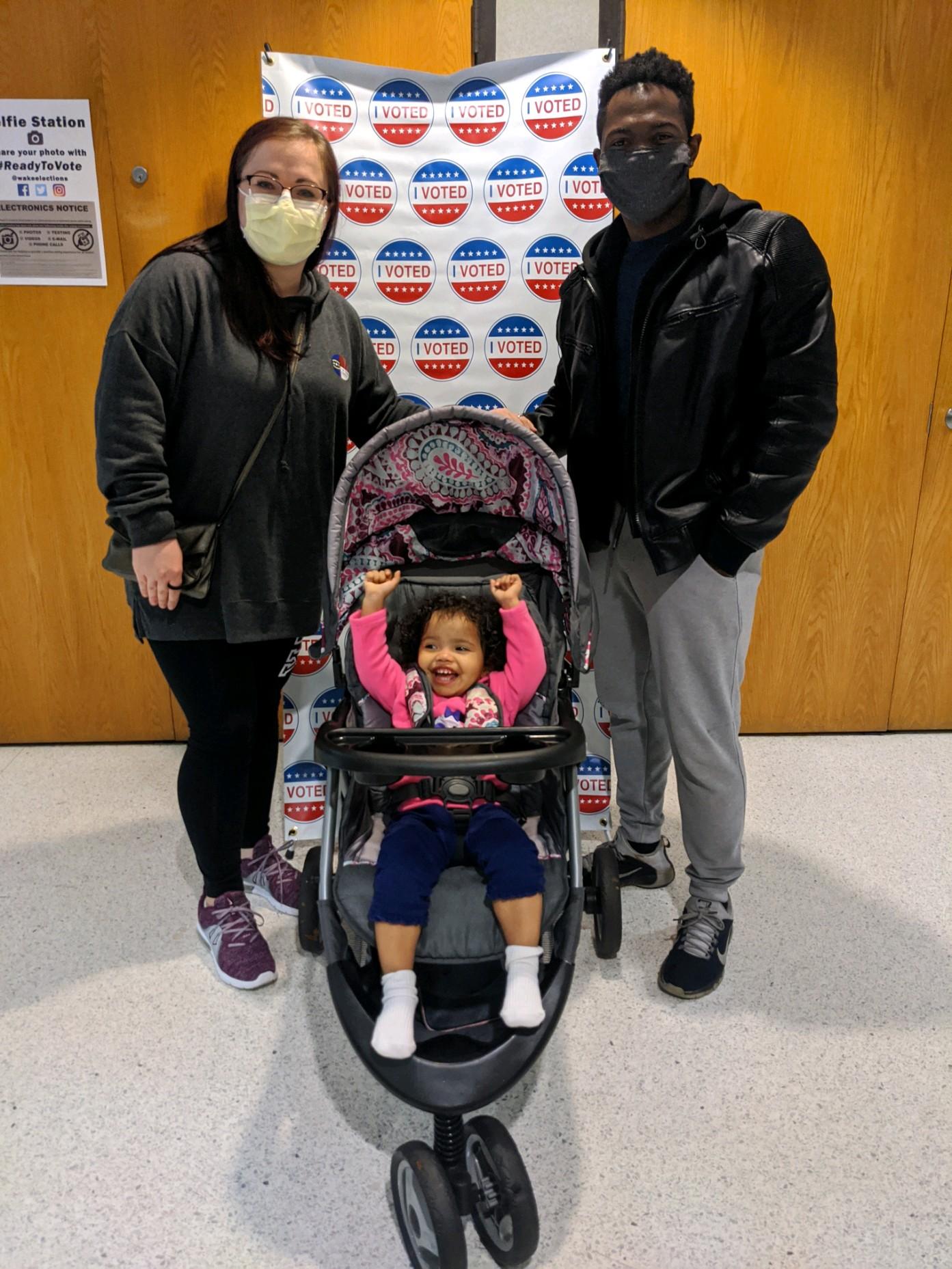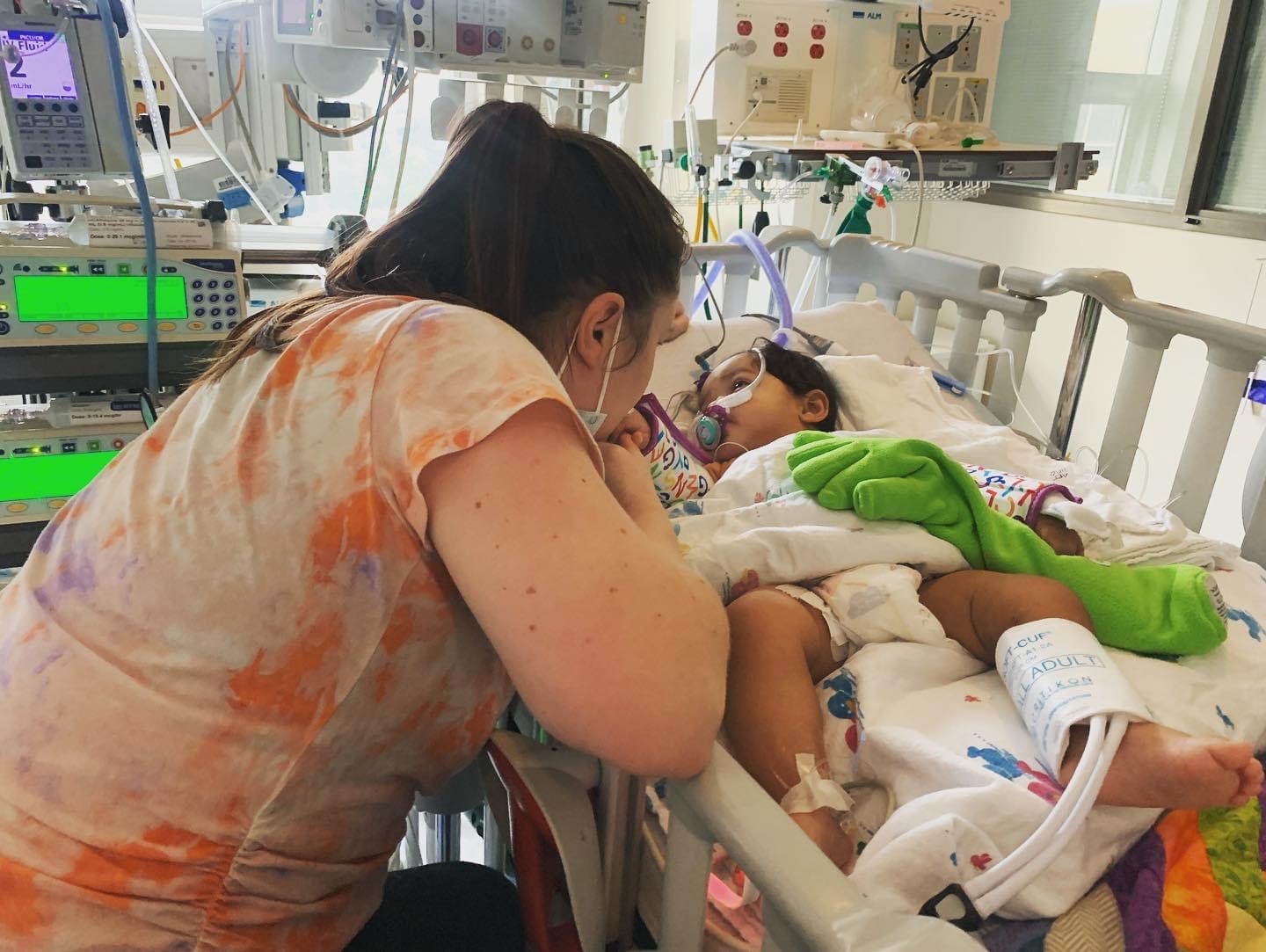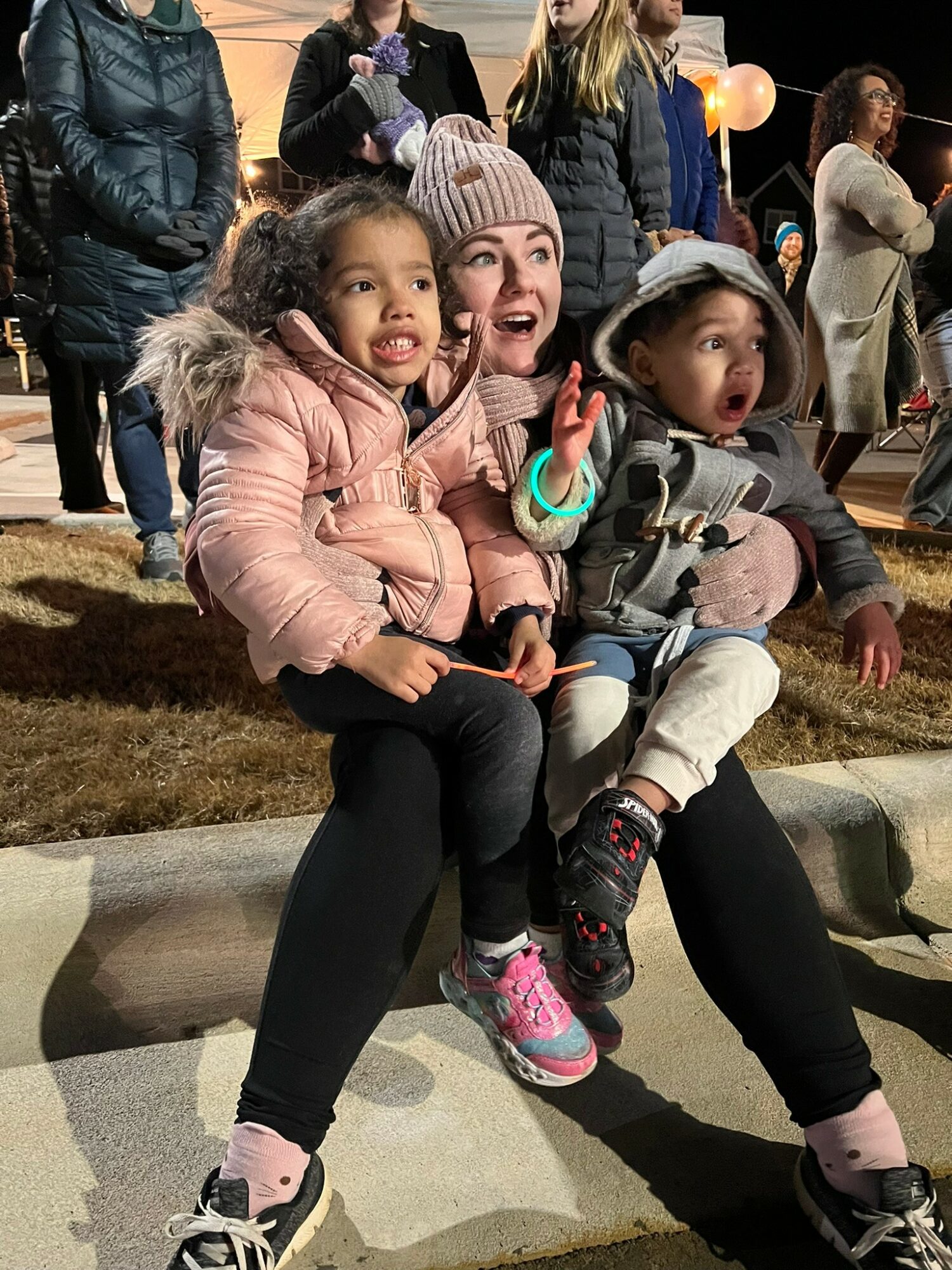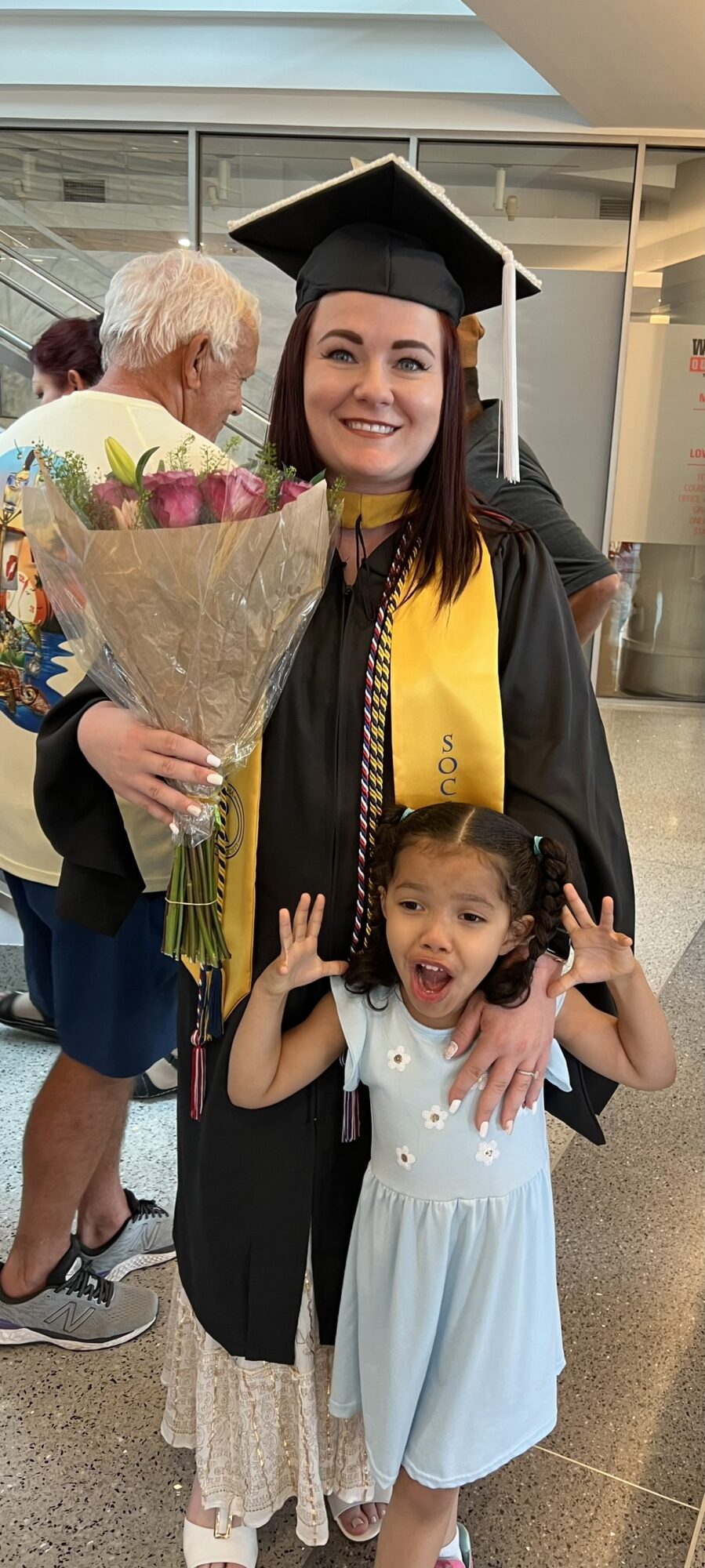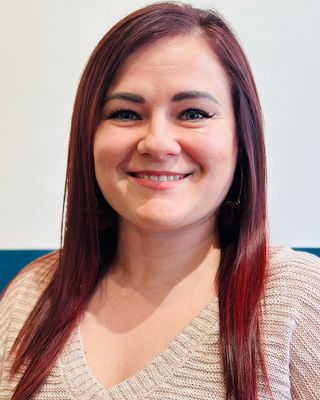

Today we’d like to introduce you to Alyssa Coleman.
Hi Alyssa, we’d love for you to start by introducing yourself.
Like too many people in the world, my journey was born from childhood abuse. Over 15 years of abuse and neglect impacted me in the most deep and lasting ways imaginable. Even after 33 years, the trauma still presents itself in so many facets of my life. My decision to pursue a career in mental health started with a desperate need to understand what was happening to me internally. However, it grew into something much bigger than that after having the profound realization that the people who I hated so vehemently because of how deeply they hurt me, were hurt themselves. The understanding that hurt people hurt people has shaped everything about who I am and who I want to be. With that realization, the hate for my abuser that absolutely consumed me devolved into pity and anger, both much easier to cope with than hate.
So much has happened between then and now. I earned both my Bachelor’s Degree in Psychology and my Master’s Degree in Social Work from NC State (Go Pack!), had 2 children while doing so, got married, and most importantly, I worked day in and day out to heal myself.
I tried therapy on and off for years—cycling through at least ten different therapists, hoping to find someone who really got me, someone who felt like a safe place. I never could, and for a long time, I thought the problem was me. Maybe my expectations were just too high. Maybe therapy just wasn’t for me. Now that I’m on the other side of things, I see it so differently. First, therapists are all different—we each bring our own vibe, communication style, methods, and values to the table. So not clicking with the first few therapists doesn’t mean something’s wrong with you; it just means you haven’t found the right fit yet. And second—and this one was huge for me—your therapist works for you. You’re allowed to have preferences, to ask for what you need, to speak up if something isn’t helpful. Therapy isn’t supposed to feel like a one-sided power dynamic, but it often does. Once I realized I could shop around, ask questions, and advocate for myself, everything changed. I finally found a therapist I truly connect with. These lessons deeply inform how I practice today. In every consult call, I start by asking, “What are you looking for in a therapist?” Because it matters—some clients want someone structured and clinical; others want someone down-to-earth and conversational. Some want to be gently challenged; others just want to feel deeply seen and supported. I believe my job is to help clients define what they need from therapy—and if I’m not the right fit, I’ll gladly help them find someone who is. That’s what I would’ve wanted back when I was the one searching.
Can you talk to us a bit about the challenges and lessons you’ve learned along the way. Looking back would you say it’s been easy or smooth in retrospect?
I would love to say it was a smooth road, but I think most of us realize that oftentimes life likes to throw us curveballs when we are least expecting them and at the worst possible times. My biggest struggle was my own mental health, which I discussed a bit. But that was taken to the extreme when I found out I was pregnant with my first child. I didn’t understand much about psychopharmacology at the time, so when I got that positive test, I immediately stopped all my psychiatric medications in fear of hurting my baby. As a perinatal specialist, I now know how incredibly dangerous and harmful that can be. I began to spiral quickly; I was a server at the time and found myself so incredibly irritable that I would yell at customers in the middle of the restaurant. My bosses tried to give me grace since I was honest about what I was struggling with, but they ultimately had to let me go after repeated incidents. My irritability became so extreme that I could no longer drive as my road rage was dangerous and explosive. I was anxious and paranoid, having intrusive thoughts so dark that I couldn’t leave my home. All that to say, my first pregnancy was unfortunately a pretty tough experience for me. I now know that being flooded with stress hormones like cortisol and adrenaline throughout pregnancy can, in high concentrations, be more harmful than many psychiatric medications. After that, I realized how important it was for me to stay on my medications and in therapy. My second pregnancy healed so much inside me; it was a wonderful experience as I worked with a perinatal psychiatrist at UNC Women’s Mood Disorder Clinic who helped me stay on my medications safely, as well as meeting weekly with my therapist. I was happy and got to fully experience the beauty of that special time.
When my son was about 8.5 months old, he got sick with a fever, so we gave him ibuprofen and Tylenol like our pediatrician recommended. Suddenly, our lives were upended. Over 2-3 days, my son rapidly deteriorated until he couldn’t hold himself upright and ultimately stopped urinating, which is when my pediatrician told us that we needed to get to the emergency room immediately. What we found out was my son had a rare allergic reaction to ibuprofen which caused his kidneys to shut down. The rest of his organs were being affected and suddenly, everything was a whirlwind. He was rushed by ambulance to UNC Children’s PICU where they were better equipped to help him. There were times when there were 10 to 15 doctors in his room, pumping him full of fluid and medications. He was intubated and rushed into surgery. Over the next month, I saw my son so swollen with fluid that he looked like he would burst. I saw him turn completely blue from head to toe while they tried to extubate him. I heard him scream the most blood curdling screams I have ever heard in my life. I didn’t see my beautiful boy smile for over 3 weeks. On top of that, we had to send my daughter to stay with my in-laws in Charlotte while my husband and I moved into the hospital to be with our son, not knowing if he would be leaving there with us. The universe was really looking out for my family, and when my son finally smiled from his hospital bed, well… I will never be able to describe how that felt. There is SO much more to both of these journeys with my children. Shortly after we were discharged from the hospital with my son, his port site got infected and the antibiotic they used to treat it reinjured his kidney to the point of being put back in the PICU. On top of all that, my daughter has faced her own unique challenges over the years, being diagnosed with PICA, a GI disease, ADHD, and learning differences.
I completed my degrees between 2017 and 2024, with my daughter born in 2018 and my son in 2021. So my journey to becoming a therapist was never just about school—it was about surviving, healing, and navigating parenthood with two children who each needed me in their own unique ways. It’s been hard. But those experiences made me who I am today, and they’re the reason I practice with as much compassion and flexibility as I do. I know what it’s like to fall apart and to rebuild—again and again.
Thanks for sharing that. So, maybe next you can tell us a bit more about your work?
Choosing passion over practicality was the best decision I’ve ever made. My work brings me so much fulfillment, it rarely feels like work at all. I am a Licensed Clinical Social Work Associate. I provide outpatient therapy to individuals and couples, helping them grow, heal, and reach the goals they set for themselves. I specialize in trauma/ PTSD, anxiety, depression, and perinatal mood and anxiety disorders. By May 12th, I will be officially EMDR trained, which is a highly sought after treatment modality that has been incredibly successful treating PTSD and anxiety.
There are two things that really set me apart as a therapist. First is my lived experience. While I fully believe that clinicians from all backgrounds can be incredibly effective, my own journey through trauma, anxiety, depression, and perinatal mental health challenges gives me a unique lens and a deep sense of empathy. I don’t just understand the clinical side; I’ve felt it in my bones. Second, I approach therapy as a truly collaborative process. I don’t come in with a rigid agenda or assume I know what’s best. Instead, I start by asking: What do you need from me? How can I best support you? From there, my client and I build a space together that feels safe, grounded, and authentic. I match my clients’ communication styles, I check in often, and I show up as a real human; down-to-earth, compassionate, and deeply committed to making sure our work stays aligned with my clients goals.
What I’m most proud of as a professional is staying true to my values, and not just privately, but by intentionally incorporating them into my work. In a field where we’re often expected to remain neutral, I believe there’s power in taking a stand for what’s right. I’m deeply committed to creating a safe, affirming space for marginalized communities, including the LGBTQIA+ community and communities of color, regardless of immigration status. I also proudly support all family and relationship structures and maintain a body-positive, inclusive approach in everything I do.
Contact Info:
- Website: https://www.psychologytoday.com/us/therapists/alyssa-coleman-raleigh-nc/1452144
- LinkedIn: https://www.linkedin.com/in/alyssastillwell2018/
- Other: https://www.essenceofempowermentpllc.com/home
